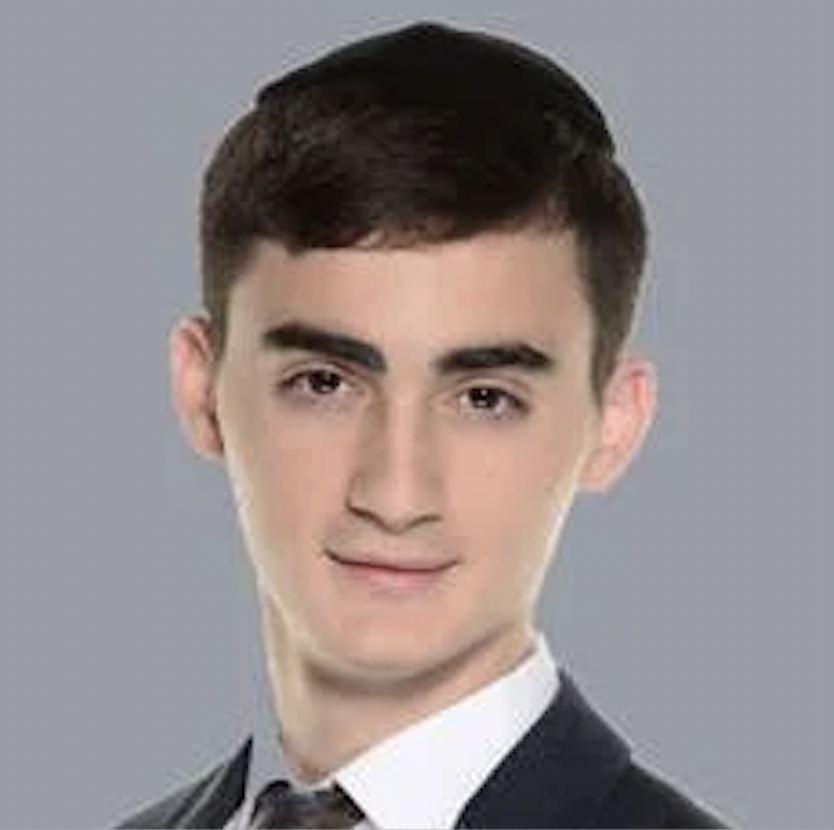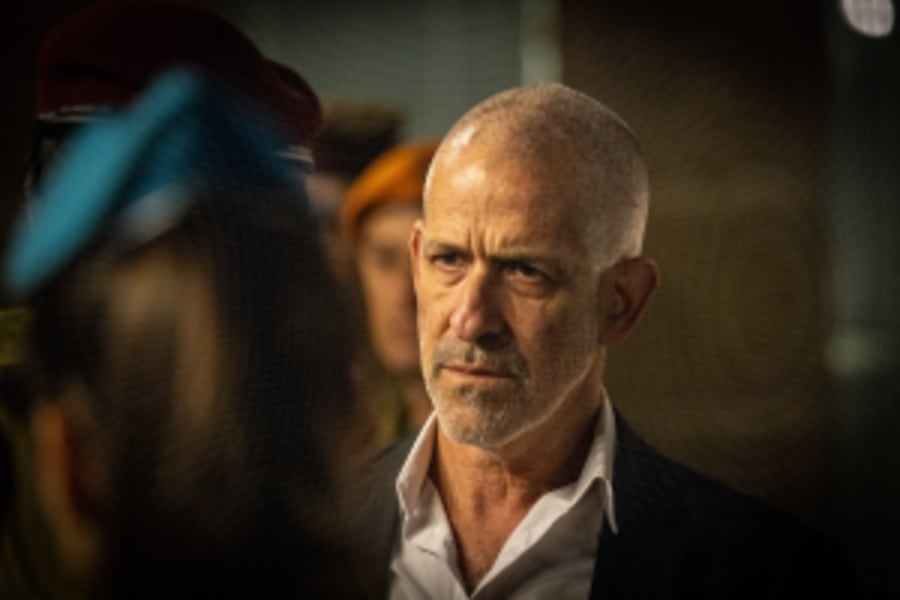PM Netanyahu submits affidavit: 'Bar's claims are false, he did not warn about a war in Gaza'

Prime Minister Benjamin Netanyahu submitted his affidavit on Sunday to the Israeli High Court of Justice in response to the affidavit of the Shin Bet chief, Ronen Bar, and was absent for most of a Cabinet meeting because of it.
The prime minister wrote that Bar lied when he claimed he had warned of a war.
"Bar’s claim that he warned of war and alerted the entire system is false. He did not alert the Prime Minister, the Defense Minister, the emergency squads and security coordinators in the kibbutzim, nor did he order the evacuation and closure of the Nova party," Netanyahu wrote.
Netanyahu revealed parts of the summary of the Shin Bet meeting led by Ronen Bar on the night of Oct. 7 [2023], writing, "The operational principles Bar set during the security meeting he convened an hour and a quarter before the massacre represent the greatest intelligence failure in Israel's history."
The prime minister also wrote that he told the Shin Bet head not to do anything that would delay his trial. He rejected Bar’s claim that he was asked to use Shin Bet capabilities against protesters and that meetings were requested for this purpose. To support this, Netanyahu attached an appendix to his affidavit showing a breakdown of who requested one-on-one meetings, and when.
"The one who asked to remain with me for a one-on-one meeting in March was the Shin Bet chief," Netanyahu wrote. "A review of meeting transcripts with the Shin Bet chief from 2023–2024 shows that 'in most cases, it was Bar who asked to stay with me alone without recording devices.'"
Netanyahu briefly entered the Cabinet meeting room just to vote again on the decision to dismiss Ronen Bar, a decision that passed without objections.
Netanyahu told the ministers he suggested they read every sentence and point in his affidavit carefully. "I couldn’t believe what I read about what Ronen Bar said an hour before the massacre – it's all documented in transcripts," he said.
Ministers emphasized that the head of the security system must not continue in his role without the government’s trust. "The High Court cannot interfere – this is a government decision," Netanyahu clarified.
He also said that if the High Court overturns Bar's dismissal, the government will discuss what to do next. Furthermore, the document that the ministers voted on noted that the attorney general refused to represent the government before the High Court more frequently than the total number of such refusals in the history of Israel’s governments.
Bar responded to Netanyahu's affidavit, saying, "All the details in both the public and classified affidavits I submitted are the absolute truth. This phenomenon of pressure from the Prime Minister to influence professional opinions occurred several times. I was asked to transfer information about Israeli citizens involved in protests."
"I was instructed by the Prime Minister that in a constitutional crisis, I should obey him and not the Court. He also twice claimed that I did not instruct to pass intelligence to the Military Secretary. However, the Shin Bet’s operational log clearly states: 'The main points of the discussion must be conveyed to the Chief of Staff and the Military Secretary.'"
According to Bar, "A particularly glaring distortion in the Prime Minister's claims concerns the situation assessment meeting I held on the night of October 7. In that meeting, numerous operational instructions were given, which the Prime Minister chose to omit."
Bar added: "Contrary to what was claimed in the affidavit, all inquiries show it was the Shin Bet that woke up the defense system on the night of October 7. Senior security officials took responsibility for the intelligence failure. However, regarding the policy of quiet and the funding of Hamas, which was directly dictated by the Prime Minister – he has never taken responsibility."
"This historical failure of misguided policy, which built up Hamas, eroded deterrence, and contributed to decision-making miscalculations among senior defense officials that night, remains unacknowledged."
"Today highlights even more the necessity of establishing a state commission of inquiry that will get to the full truth, which all Israeli citizens deserve, alongside the critical importance of ensuring the Shin Bet chief’s ability to withstand political pressure and the significant decision now pending before the Court."
Last Monday, Bar submitted his affidavit to the High Court against the government and the Prime Minister, as part of petitions opposing his dismissal. In his affidavit, Bar claimed that the reasons for his dismissal "are not professional but rather stem from an expectation of personal loyalty to the Prime Minister," and that the Shin Bet was asked to act against anti-government protesters.
Regarding the timeline related to Netanyahu's "loss of trust" in him, Bar wrote that until November 2024, the prime minister "lavished praise on the Shin Bet," but after the Shin Bet launched sensitive investigations against Netanyahu's associates and refused to sign opinions that would delay Netanyahu's trial, the atmosphere changed and "trust was lost."
"Firing the Shin Bet chief while the investigations are ongoing sends a chilling message to the organization and the investigators," Bar added.
Addressing his dismissal amid ongoing hostage deal negotiations, Bar wrote that the potential damage to the talks raised suspicions of an ulterior motive behind his removal from the negotiating team.

Michael Shemesh is a political correspondent for KAN 11 news.
You might also like to read this:
















